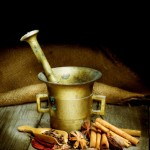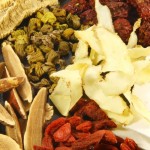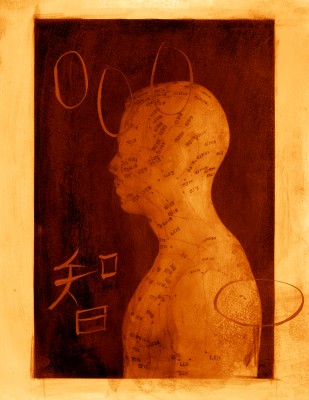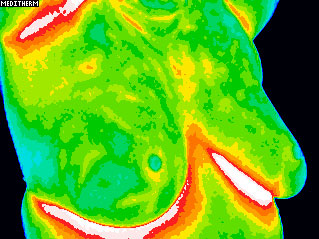 On the left side of this page, under Resources, you will find several links to answer most common questions about herbal medicinals such as: are they harmful, regulated by the FDA, what about liver and kidney toxicity, Prop 65 warnings, etc. On a more personal note, I had a wonderful experience this month with a patient of mine that exemplifies the challenge, and the beauty, of integrating Eastern and Western perspectives on topics such as herbal formulas.
On the left side of this page, under Resources, you will find several links to answer most common questions about herbal medicinals such as: are they harmful, regulated by the FDA, what about liver and kidney toxicity, Prop 65 warnings, etc. On a more personal note, I had a wonderful experience this month with a patient of mine that exemplifies the challenge, and the beauty, of integrating Eastern and Western perspectives on topics such as herbal formulas.
I have several patients who are MDs, nurses and research scientists, and other professionals steeped in Western medicine. One such patient is a pathologist at a top university. Chinese medicine theory makes no sense to him-it is bizarre. And yet even though he can not make sense out of it, he comes for treatment, because it works. Acupuncture makes his pain better and he likes it.
He first came to me years ago for pain from an injury he suffered 50 years ago. Now the pain gone most of the time or just slightly noticeable. He occasionally gets treatment when the pain flares or the surrounding areas become tight and inflamed. This month, however, something happened. I have been encouraging him to try herbal formulas for years, but he was very skeptical and concerned about potential contaminates and harmful components in the herbs themselves. So, I very rarely mentioned herbs to him. But this month, I offered, and he said yes-he would try them. I couldn’t believe it! I was so happy and frankly proud of him-that he was willing to take a chance and try them.
By the way, this is the formula that I wanted to give him years ago when he first stepped into my office.
I saw him the first week of this month, and then again two weeks later. He told me of his fabulous two weeks-no pain! He came last time in an incredible pain flare that vanished after treatment. He felt great, with only a hint of pain that day due to physical exercise. And, I pointed out, the herbs didn’t kill him.
 “Yes,” he said,”You are correct. I am in fact still alive. But who knows what is in that formula? All of those herbs, all of those chemical constituents, how they interact with each other, who knows what those things do?”
“Yes,” he said,”You are correct. I am in fact still alive. But who knows what is in that formula? All of those herbs, all of those chemical constituents, how they interact with each other, who knows what those things do?”
“You are absolutely right,” I said with a smile, “It is impossible to understand how Chinese herbs work by reducing them to their smallest parts. Chinese theory holds that herbs work together-they are rarely prescribed as single herbs. While in Western herbology, it is common to take a single herb. This difference, in the way herbs have been traditionally used in both cultures exemplifies the philosophical differences between the two cultures. One is reductionistic and one is holistic. Neither is good or bad, rather they complement each other. Like yin and yang. But, you will never understand how this formula helps your back pain by approaching it from a reductionist point of view.”
He looked at me with the look I’ve come to recognize that means he is digesting this information. Long ago he told me that he chose pathology over seeing patients because he wanted to know what made people sick. What organ, what cell, what microbe, what part was wrong. The fact that he was willing to have this conversation really impressed me.
He left my office that day with another bottle of the same formula, as he had run out. I explained to him that should he choose to use herbal therapy, he would take this formula for three months, then on an as needed basis for pain. So, he took the bottle, still not convinced by any means that it wouldn’t send him into liver or kidney failure, but he took it.
The reason I chose to write about this experience, the moral of the story if you will, is NOT that I was right, he was wrong, and now he is doing the right thing–what I told him to. Rather, that we had a meaningful conversation about Western and Chinese medicine and philosophy. It is these small steps, frank conversations with the intention to understand a different paradigm, that bring the possibility of truly integrative medicine into our future.





